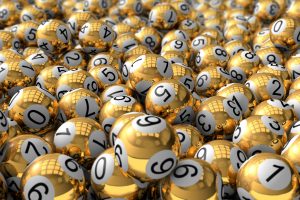Sander Dekker questioned over Dutch self-exclusion glitch

The minister for legal protection has fielded questions over the hiccup that caused the delay in the launch of the Dutch online gambling market.
The Netherlands.- The minister for legal protection Sander Dekker has responded to questions in parliament about the glitch in the Netherlands’ self-exclusion system that delayed the launch of regulated igaming in the country.
The Dutch self-exclusion system Cruks malfunctioned on the intended launch date of October 1. Regulated igaming launched the day afterwards, but Cruks wasn’t brought online until three days later on October 4.
René Jansen, chair of the Dutch gambling regulator de Kansspelautoriteit (KSA), has apologised for the glitch.
Dekker insisted that stress tests had been carried out in order to ensure Cruks’ effectiveness, but that it was impossible for pre-market tests to have predicted the malfunction.
He said: “Cruks was tested in the so-called test environment in the period before October 1. However, live connections to providers could not be tested.
“The reason for this is that Cruks works with BSN numbers [citizen numbers]. Before October 1, it was not possible to exchange BSN numbers because the regulations that would’ve allowed this only came into effect on October 1, 2021.”
Why igaming was allowed to launch before Cruks
Dekker also defended the KSA’s decision to allow the Netherland’s ten licensed operators to begin accepting bets before Cruks had been fixed. He said there was a fear that customers would turn to unlicensed sites otherwise.
He said: “It is true that on 2 October, KSA allowed newly licensed providers to offer online games of chance when not all problems with Cruks had been resolved.
“There was a fear that more Dutch people would gamble at illegal sites if they could not go to legal Dutch providers during the weekend.
“KSA had also taken into account that the licensed providers, in addition to Cruks, had various instruments to combat gambling addiction.”
He added: “If the Gaming Authority had not made registration possible, the only offerings would’ve been illegal games, which have greater risks. It’s also worth noting that a number of larger foreign providers no longer serve Dutch players, precisely from the opening of the legal market on October 1.”











